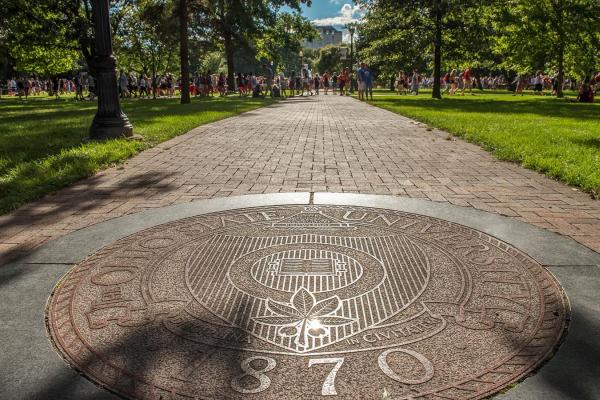
Renan Larue is a writer and teacher of French literature at the University of California in Santa-Barbara, where he created a Vegan Studies program which explores the intersection between vegetarian and vegan food choices and philosophy, touching on politics, economics, religion, and psychology
In 2016, Renan Larue published “Vegetarianism and Its Enemies” In this Académie Française La Bruyère prize-winning book, he explores the history of vegetarianism in the Western world, from antiquity to the present day.
In 2021, he published La pensée végane. 50 regards sur la condition animale (Vegan thoughts. 50 ways of looking at the animal welfare) in which he discusses speciesism and animal prejudice, among other issues.
Short summary by Dr. Larue:
“During the lecture I will address the concept of “happy meat” (viande bio).
While most French people condemn factory farming for either ethical or environmental reasons, there is a small minority within this group who advocate for plant-based diets.
For those who either enjoy the taste of meat or don’t want to put too much thought into realities of husbandry and/or slaughterhouses, the above mentioned position appears to be too extreme for the general public.
Hence the prominence of public figures like Jean-Pierre Coffe, Périco Legasse or Jocelyne Porcher (the French equivalents of Joel Salatin and Michael Pollan) who promote yesteryear’s small-scale farming and blame vegans for advocating for the abolition of animal agriculture altogether.
Melanie Joy, amongst others, named this new attitude “neocarnism.” Within the span of a couple of years, neocarnism has become hegemonic in French (as well as U.S.) media.
The concept of “viande bio” is a perfect example of “passive revolution” (Gramsci) as:
- Nothing changes fundamentally for the environment and farm animals
- The animal-industrial complex manages to tranquillize people’s conscious while buying and eating animal products.”
